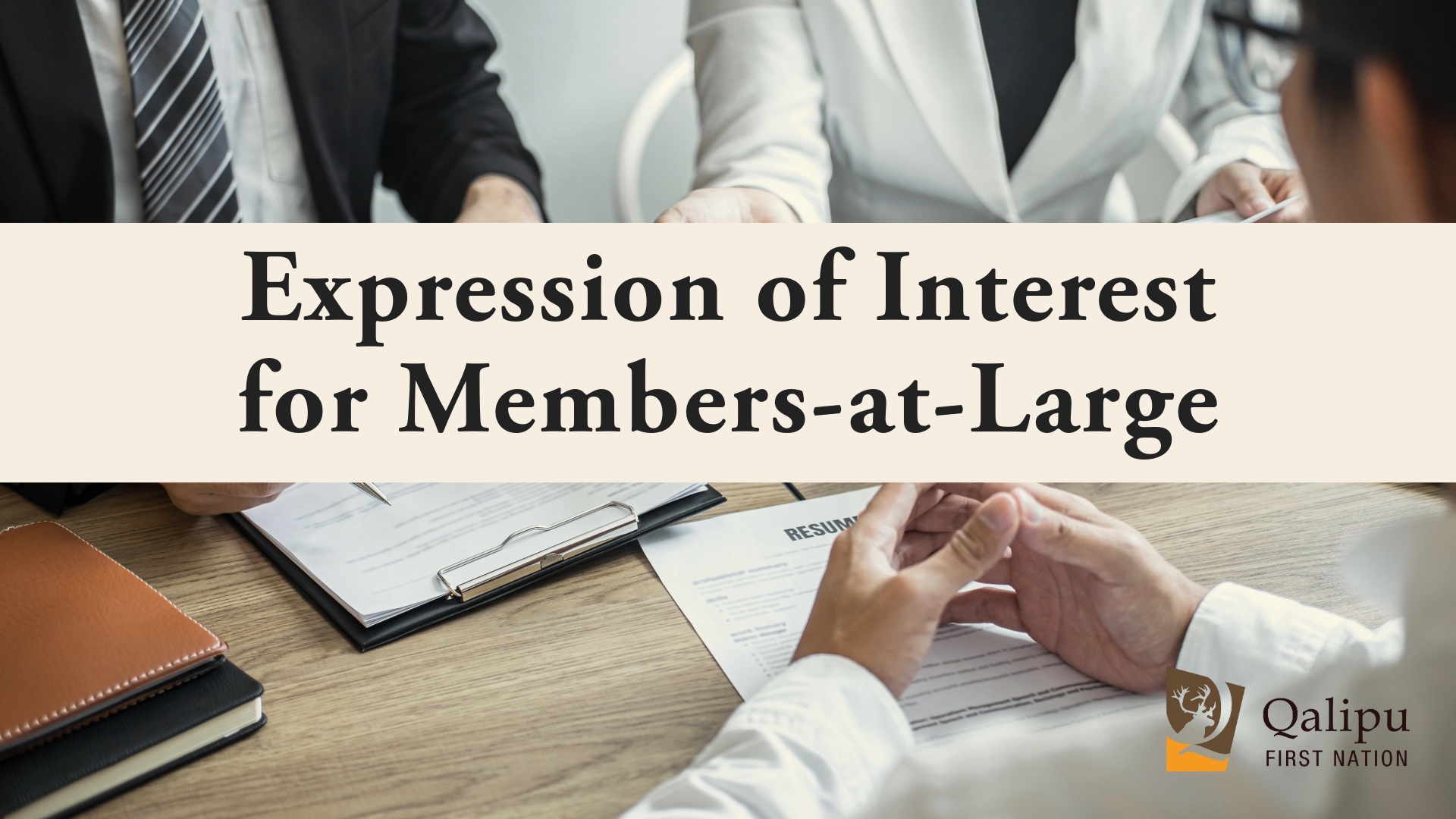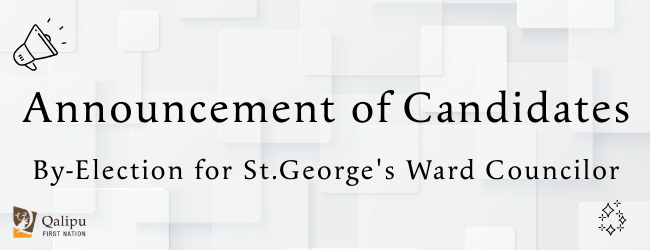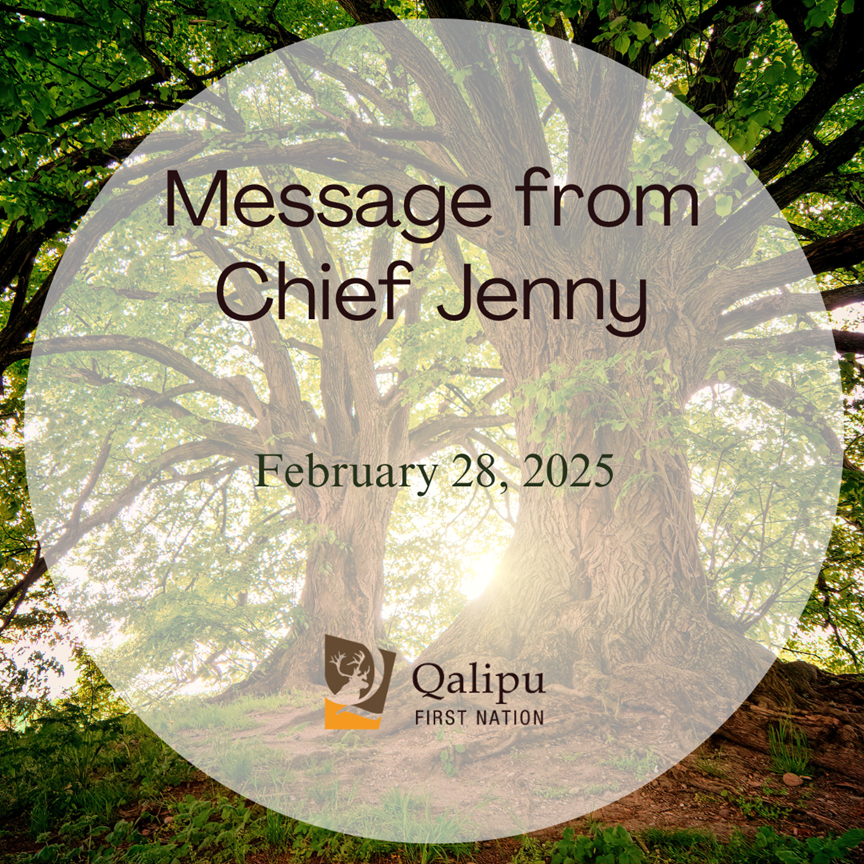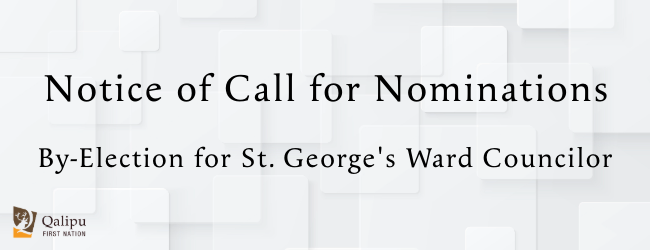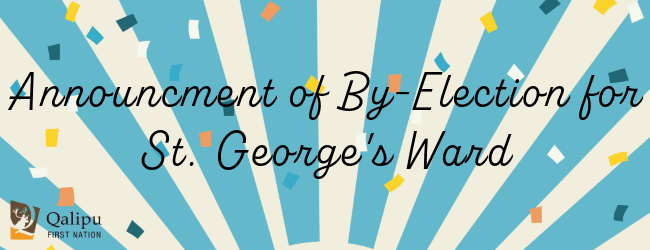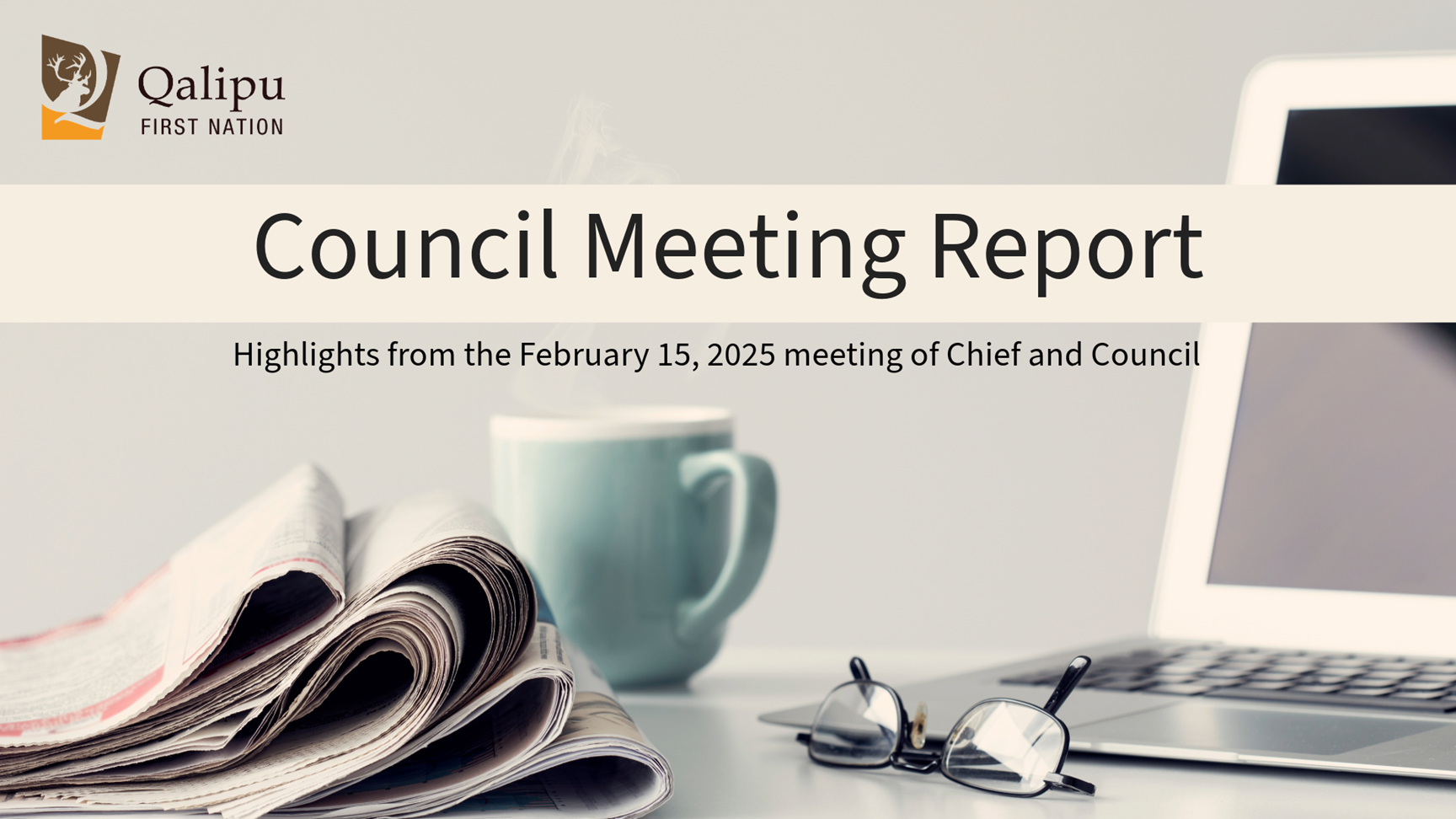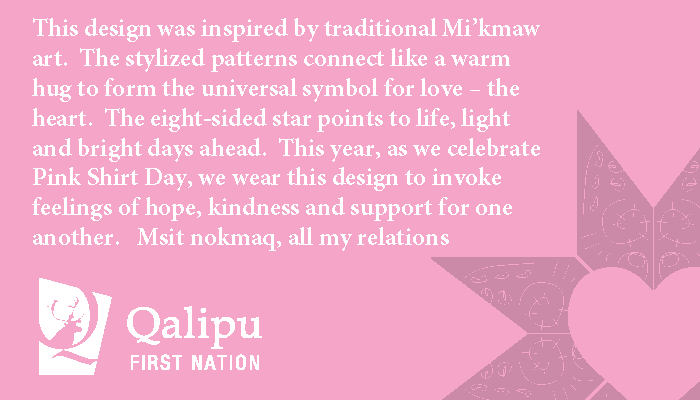The next meeting of Chief and Council is scheduled for Saturday, March 22, at 10:00 a.m. in the Qalipu Community Room, 1 Church Street.
Registration is required to attend the meeting. The deadline to register is Friday, March 14, 2025, at 12:30 p.m.
Please note that delays in the meeting start time can be expected. We kindly ask for your patience and understanding.
Members wishing to attend can contact Natasha or Allyson by telephone or email:
• Natasha: 709-634-6895 | Email: nlavers@qalipu.ca
• Allyson: 709-634-5111 | Email: arobbins@qalipu.ca
Members can view the meeting’s livestream by logging in to their KINU membership profile: https://mala.qalipu.ca/ginu/login.aspx


